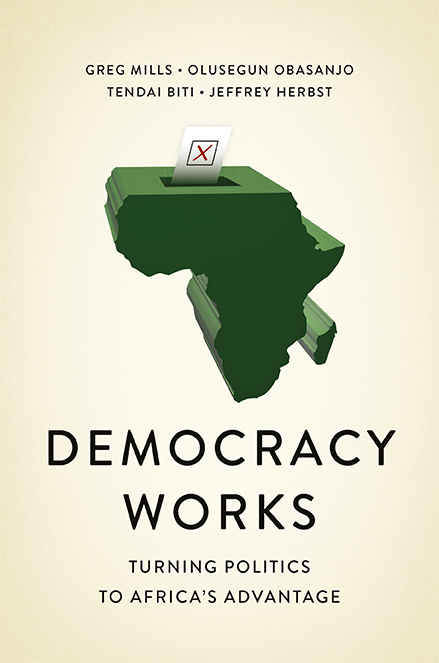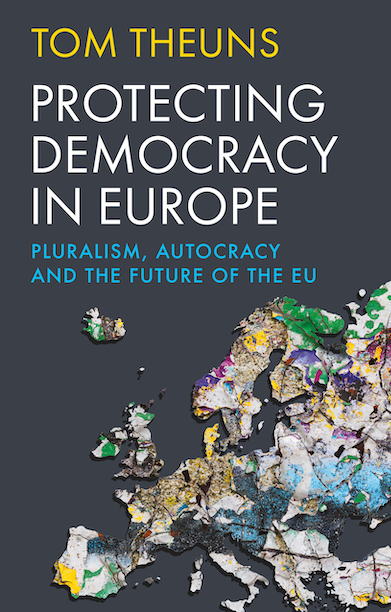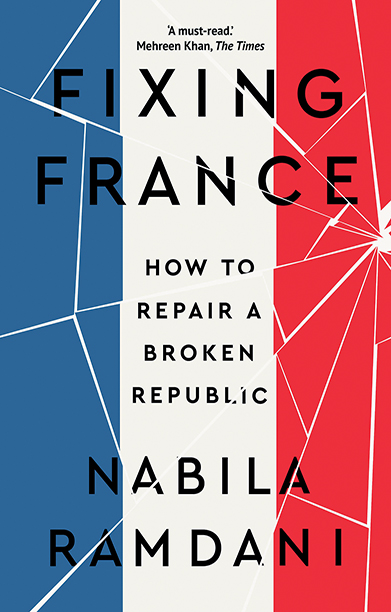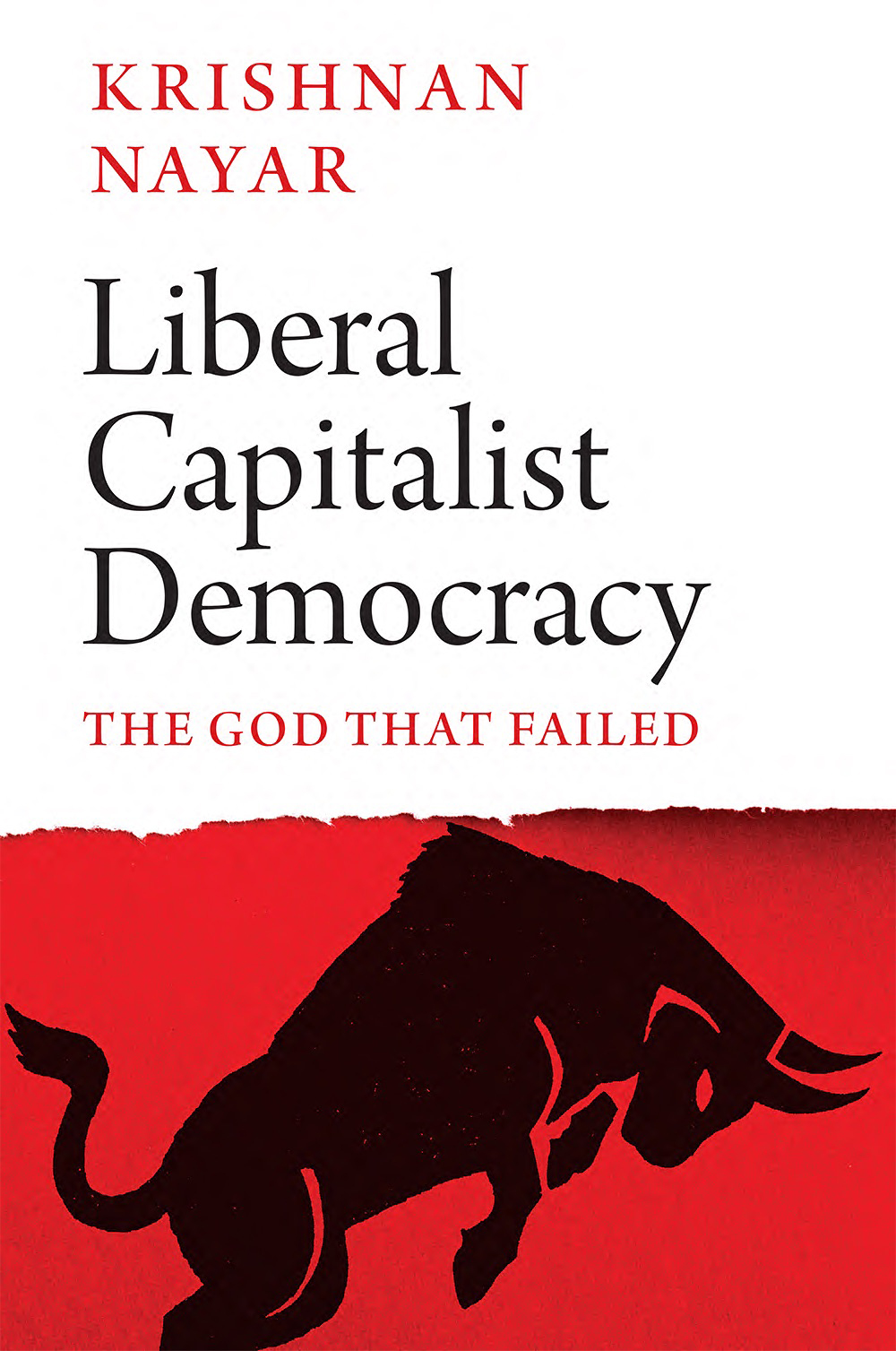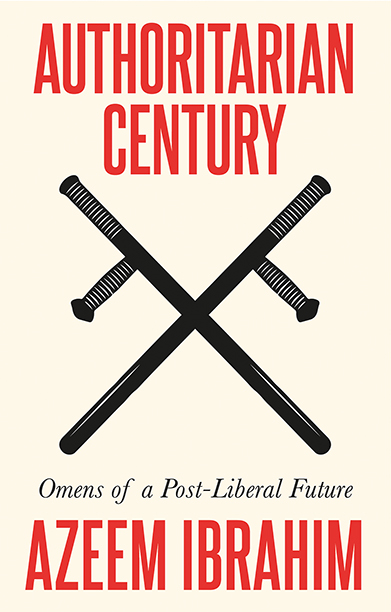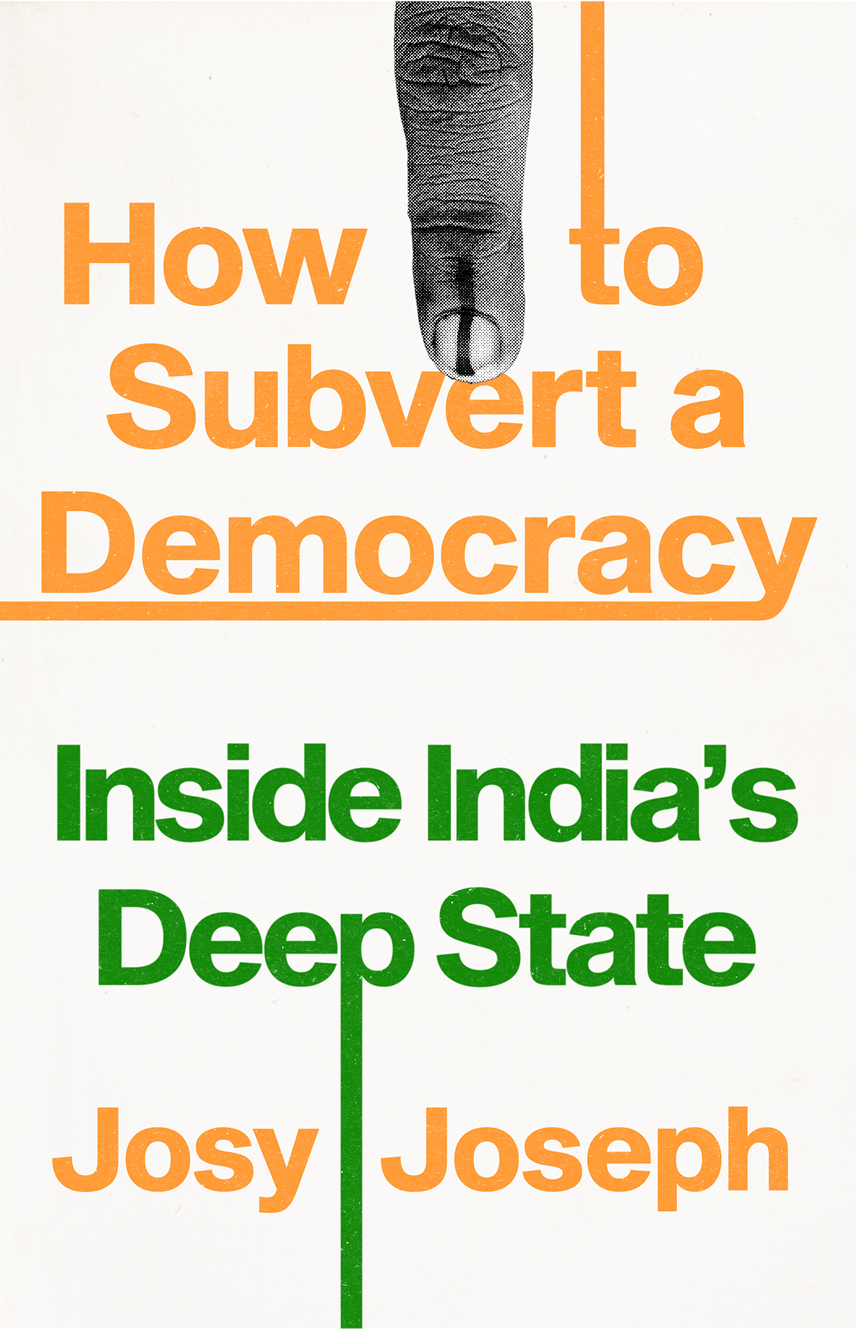Democracy Works
Turning Politics to Africa's Advantage
Distinguished politicians and scholars address the need for a ‘democratic playbook’ robust enough to withstand threats to free and fair elections in Africa
Description
Democracy Works asks how we can learn to nurture, deepen and consolidate democracy in Africa. By analysing transitions within and beyond the continent, the authors identify a ‘democratic playbook’ robust enough to withstand threats to free and fair elections. However, substantive democracy demands more than just regular polls. It is fundamentally about the inner workings of institutions, the rule of law, separation of powers, checks and balances, and leadership in government and civil society. It is also about values and the welfare and well-being of its citizens, and demands local leadership with a plan for the country beyond simply winning the popular vote.
This volume addresses the political, economic and extreme demographic challenges that Africa faces. It is intended as a resource for members of civil society and as a guide for all who seek to enjoy the political and development benefits of democracy in the world’s poorest continent. Finally, it is for donors and external actors who have to face critical decisions––especially after ill-fated electoral interventions such as Kenya 2017––about the future of observer missions and aid promoting democracy and good governance.
Reviews
‘Democracy Works is an important book which should be read by African leaders, and students and teachers of African politics and African Studies.’ — African Studies Quarterly
‘Politics matters to development — the more competitive the system, the better the prospects. If you read one book this year on why democracy is important, make sure it’s Democracy Works.’ — Karin von Hipplel, Director-General, RUSI, London
‘At a time when democratic values around the world are under threat, Democracy Works is a timely, clear and impressively researched analysis.’ — Sarah Sands, editor, BBC Today programme; former editor of the Sunday Telegraph and London Evening Standard
‘Ethiopia shows – as does this handbook for democrats – that democracy and development are indivisible.’ — Hailemariam Desalegn, former Prime Minister of Ethiopia
‘Democracy is essential to governance, the rule of law and economic well-being. In Venezuela, we know to our cost what happens when democracy dies – we die with it. I urge all those concerned with the state of their nation to read Democracy Works, and act on its findings.’ — María Corina Machado, opposition leader, Venezuela
‘Much is made these days of Africa’s buoyant prospects, of the dynamism to be found in the continent’s youthful demographic profile and rapid urbanisation, especially when coupled with the embrace of new technologies. But this positive future is only possible if, as the authors vividly demonstrate here, African institutions are both democratic and effective.’ — J. Peter Pham, Atlantic Council, United States
Author(s)

Greg Mills, Director of the Brenthurst Foundation, has advised African governments, and served in Afghanistan with COMISAF. His books with Hurst include Why States Recover.
Olusegun Obasanjo was president of Nigeria (1999–2007) and chairperson of the African Union (2004–6).
Tendai Biti is a constitutional lawyer, human rights activist, and former Zimbabwe finance minister.
Jeffrey Herbst is President of the American Jewish University, Los Angeles. A political scientist, Professor Herbst taught at Princeton University for eighteen years and is the author of States and Power in Africa: Comparative Lessons in Authority and Control and many other books and articles. A member of the Council on Foreign Relations, and the Board of Freedom House, he has served on the advisory board of The Brenthurst Foundation since 2005.
